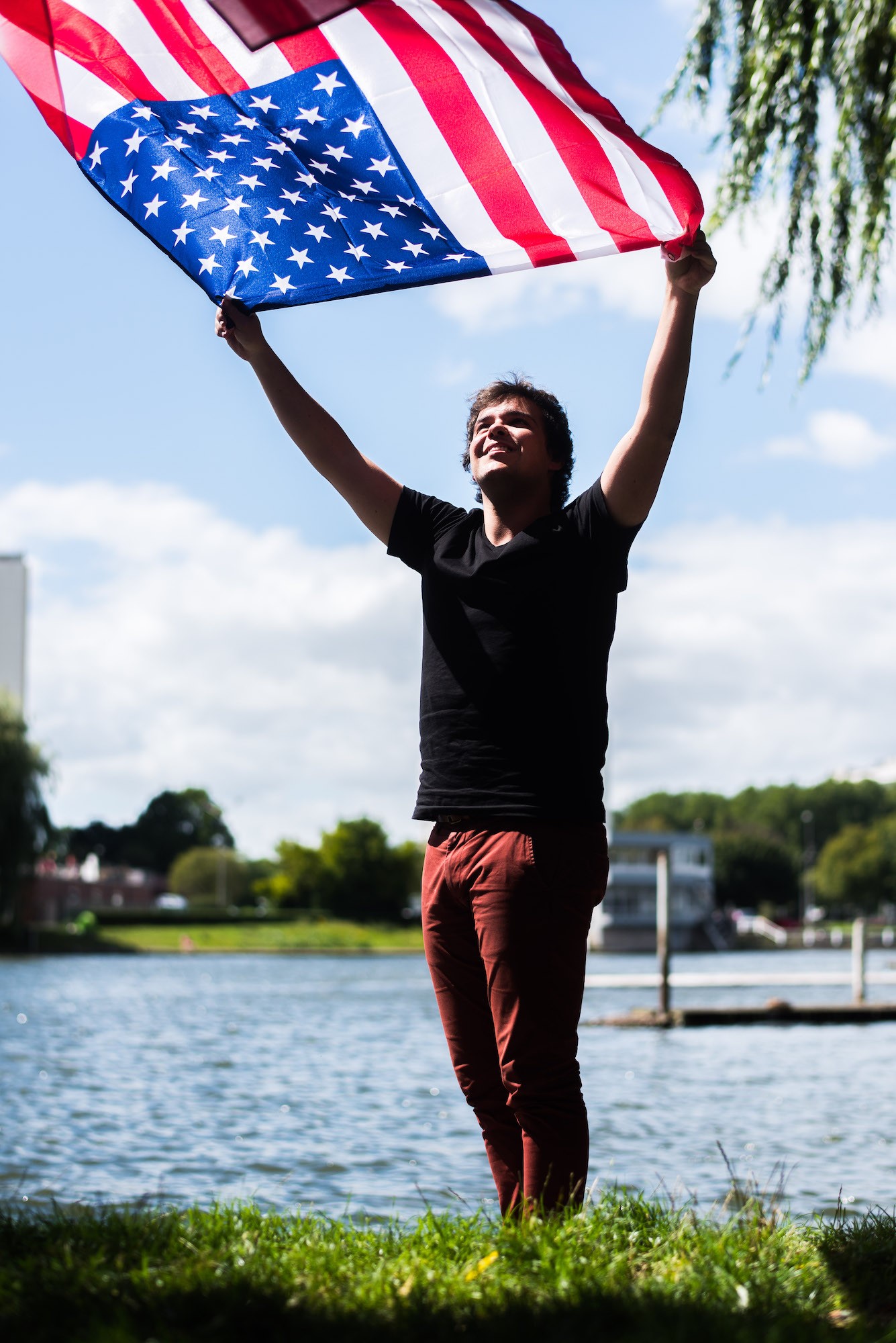In the American presidential elections, warmer weather on election day is favourable for the sitting president or his party, says Jasper Van Assche of the Department of Developmental, Personality and Social Psychology.
'To predict voter behaviour, all kinds of ideological, psychological and sociological predictors are investigated. Non-rational factors also come into play. Professor Alain Van Hiel came up with the idea of investigating the effect of temperature differences. For all American presidential elections from 1960 to 2016, we collected data for all 50 states: voter turnout, results and relative temperature differences - i.e. from one election day to the next.

We've known for a long time that warmer weather affects our behaviour. It creates physical excitement and makes us more alert. Depending on the context that translates into anti-social behaviour such as riots or prosocial behaviour which makes people more helpful and generous. Our research shows that a temperature difference of 1 degree attracts 0.14 per cent more voters to the polling station. Those extra voters are angry, want change and vote for the opposition. On the other hand, warmer weather makes the global voter population more satisfied and benevolent, so that they choose the sitting president or his party. The net effect is positive for the ruling president. That effect is small, but in very narrow elections it can be decisive'.
Read also
Alumna Margo lives and works in the US: what America did she wake up to?
In 2012 Margo Vansynghel obtained a master’s degree in art history from Ghent University. Today she works as an ‘Arts Economy Reporter’ for The Seattle Times. What are her thoughts on the outcome of the US presidential elections?
Alumnus Zhong is an entrepreneur in the US: what America did he wake up to?
Zhong divides his time between London and New York as he runs the unicorn Deliverect, a start-up valued at over $1 billion. What are his thoughts on the outcome of the US presidential elections?
Alumnus Serhat is studying in the US: which America did he wake up to?
Last year Serhat Yildirim completed his studies in medicine at Ghent University and then moved to the US to study at Harvard, where he enrolled in a two-year master programme known as the Global Health Delivery Program. What are his thoughts on the outcome of the US presidential elections?
”There are countless ways to be a good family”
Broadening our view of the world is what Ann Buysse wants to achieve with her book 'Zoveel tussen ons’ (So much between us). She is a professor and dean of the Faculty of Psychology and Educational Sciences. "I have never been so unsure about anything before. Especially because it has not become a purely academic book. I also put a lot of myself into it."


